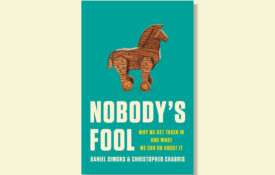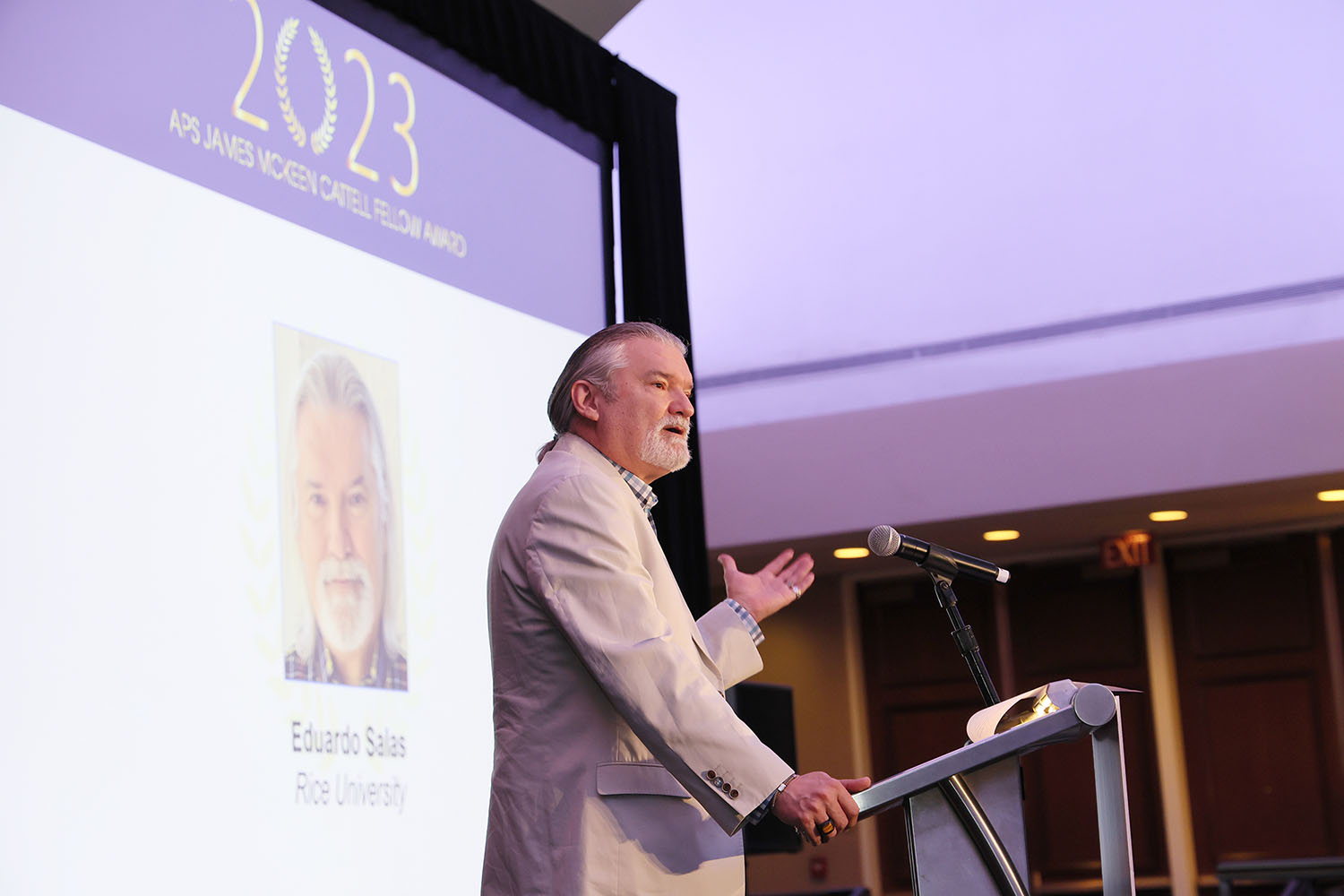-

Nobody’s Fool: How to Avoid Getting Taken In
Podcast: How can our habits of thinking make us vulnerable to deception? How can we spot deception before it’s too late? Daniel Simons and Christopher Chabris answer these questions and more, drawing from their new book: Nobody’s Fool: Why We Get Taken In and What We Can Do About It. Visit Page
-
Do We Actually ‘Hear’ Silence?
At a concert hall near Woodstock, N.Y., in August 1952, the pianist David Tudor played John Cage’s three-movement composition 4'33″. Doing so did not require enormous jumps with the right hand. Most people could play the piece with equal skill. Tudor set a stopwatch for 33 seconds and sat in front of the piano without touching the keys. He opened and shut the lid before sitting for another two minutes and 40 seconds and then did so again for a final interval of one minute and 20 seconds. Then he bowed and left the stage. As Cage put it, 4'33″ was a “silent piece.” The composer wanted to push the audience members to listen to the other sounds that surrounded them.
-
How Money Helps to Build Brain Power
We know that children who grow up poor are much more at risk for problems later on, from mental and physical health issues to lower education levels and less income as adults. It’s one of the clearest and most worrying results in psychology. Among other things, children from low-income families are more likely to develop anxiety and depression. More recently, we’ve also discovered that low income is associated with physical changes in brain development. For example, children from low-income families tend to develop a smaller hippocampus—a part of the brain that is important for learning and memory. The big question is how we could fix this.
-
How to Learn Something New Every Day
Many people consider learning to be an active endeavor, one that takes place in a classroom with a teacher and homework and tests. This intentional form of education is just one way to acquire knowledge. In fact, we absorb new information every day, often unintentionally: the best way to store tomatoes, the quickest way to get to work, the dog’s preferred chew toy. “It’s really important to give ourselves credit for the massive amount of information we learn without realizing it,” says cognitive scientist Pooja Agarwal, an assistant professor at the Berklee College of Music. There is a distinction between committing facts to memory and learning.
-

People Generalize Expectations of Pain to Conceptually Related Tasks
Avoiding experiences associated with pain can be an adaptive behavior, but generalized avoidance can become problematic, even potentially culminating in disability. Visit Page
-

Gratitude, Reflection at the 2023 APS Awards Ceremony
“You don’t get to this stage without the help of a lot of people,” said Eduardo Salas, one of 19 honorees of the 2023 APS Awards Program. Visit Page


